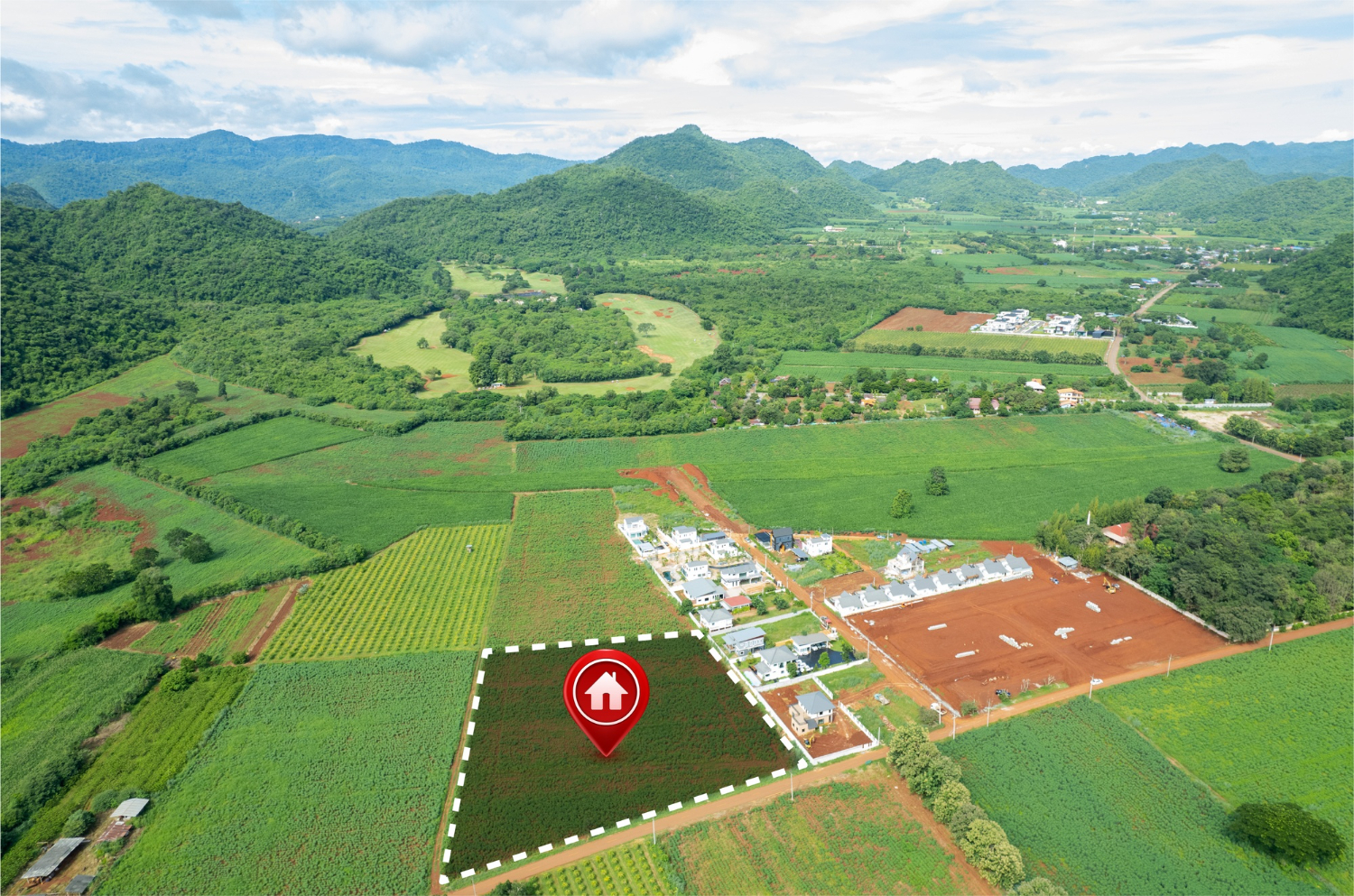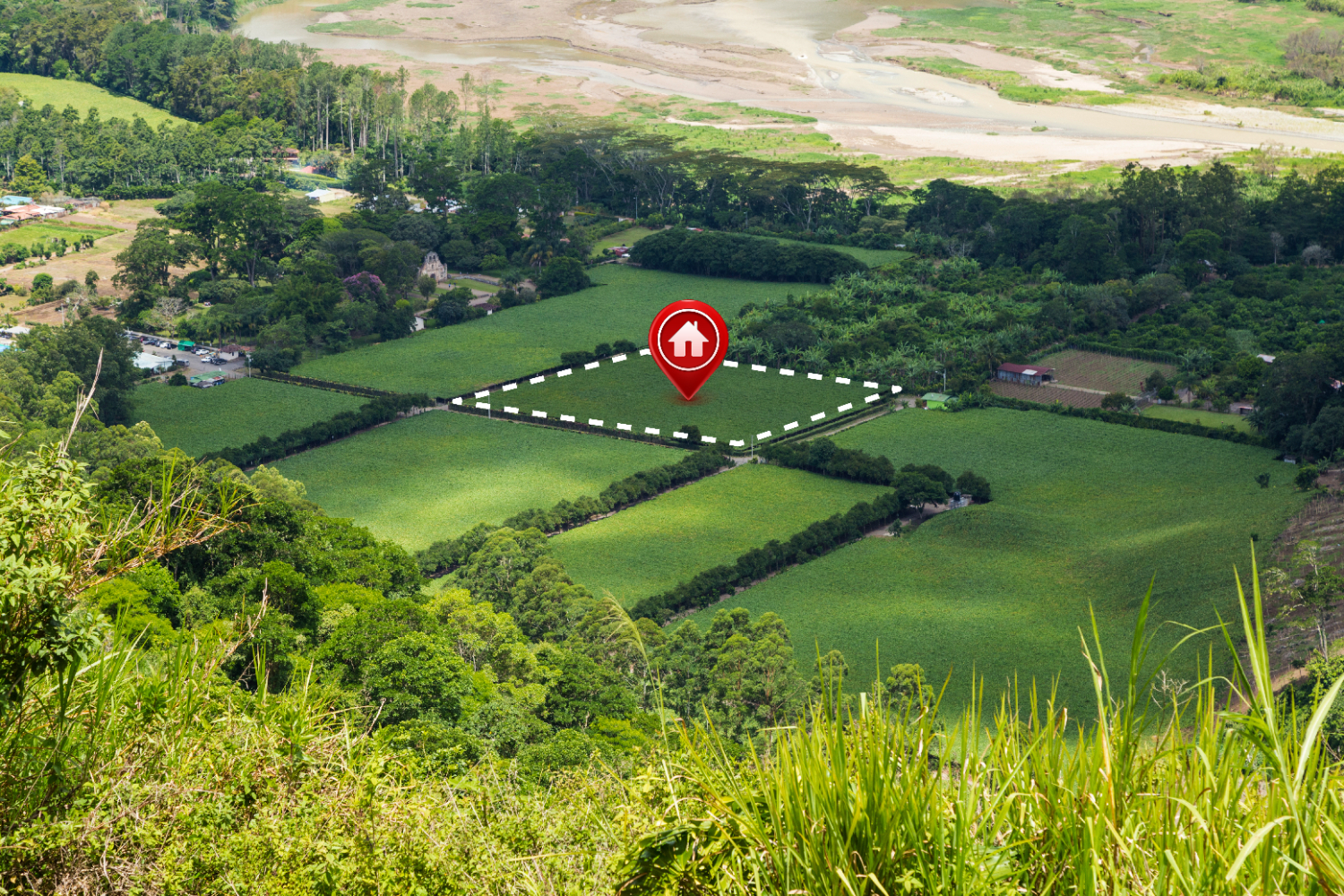As a landowner, navigating the complex landscape of land zoning regulations is crucial in order to ensure the compliance, value, and potential of your property. Zoning laws play a pivotal role in determining the permissible uses and development of your land, impacting everything from landscaping and building permits to property value and market appeal. Gaining a comprehensive understanding of zoning regulations and their implications is essential for any landowner looking to buy, sell, or develop a property.
In this essential guide, we will demystify the complexities of land zoning regulations and provide practical insights to help you make informed decisions about your land. From grasping essential zoning terms and identifying various zoning classifications to understanding your property’s zoning restrictions and navigating rezoning processes, we aim to arm you with the knowledge necessary to address zoning challenges and capitalize on unique land opportunities.
Join us as we explore the intricacies of zoning laws and their implications for land use, development, and property value. By familiarizing yourself with the fundamentals of land zoning regulations, you can unlock the full potential of your property and confidently navigate the legal landscape associated with land ownership and development. Whether you are a seasoned landowner or a newcomer to the world of real estate, this comprehensive guide will provide invaluable guidance for navigating the complex world of land zoning regulations and unlocking the true potential of your property.
1. Understanding Key Zoning Terms and Concepts
Familiarizing yourself with essential zoning terminology is the first step in addressing land zoning regulations. These key terms will help you better understand zoning restrictions and their impact on your property:
Zoning Ordinance: A set of local laws and regulations that dictate land use and development within a specific area or jurisdiction. Zoning ordinances classify land into various zones, each with its own rules and restrictions.
Zoning Map: A visual representation of the zoning classifications within a particular jurisdiction. These maps help landowners and buyers identify the zoning classification of a specific property.
Non-Conforming Use: A situation in which an existing land use or structure does not comply with current zoning regulations. Non-conforming uses are often allowed to continue but may face restrictions when it comes to expansion or redevelopment.
Variance: A specialized permit granted by a local zoning authority that allows a property owner to deviate from specific zoning regulations. Variances are typically granted in cases where strict adherence to zoning rules would create unnecessary hardship.
2. Deciphering Common Zoning Classifications
Zoning classifications vary by jurisdiction but generally fall under several common categories. Understanding these zoning types will enable you to comprehend the limitations and possibilities associated with your property:
Residential Zoning: This classification designates land for housing purposes, encompassing single-family homes, multi-family structures, and mobile homes. Residential zoning often restricts the types of structures allowed and may dictate minimum lot sizes and setbacks.
Commercial Zoning: Commercial zones permit land use for business purposes, including offices, retail shops, and service establishments. Commercial zoning may also regulate factors such as building height, parking requirements, and signage.
Industrial Zoning: Industrial zoning allows for manufacturing, warehousing, and distribution activities. These zones commonly specify restrictions on the type and scale of industrial operations permitted.
Agricultural Zoning: Agricultural zones are reserved for farming, ranching, and other agricultural activities. This type of classification may restrict residential or commercial development to protect valuable agricultural resources.
Mixed-Use Zoning: Mixed-use zones permit a combination of residential, commercial, and sometimes industrial uses within the same area. These zones are commonly found in urban environments and encourage walkable, livable communities.
3. Recognizing Your Property’s Zoning Restrictions
Identifying your property’s zoning classification and the associated restrictions is essential in evaluating its potential. To find your property’s zoning information, consult your local zoning office or municipal website. You may also find zoning data on your property deed or title report. By understanding the zoning rules that apply to your land, you can ensure compliance, assess relevant limitations, and plan future developments accordingly.
4. Navigating the Rezoning and Variance Processes
In some cases, you may need to seek a zoning change or variance to accommodate your intended land use or development plans. While these processes can be complex and lengthy, securing the necessary approvals can greatly enhance your property’s value and potential. Consider the following steps when pursuing a zoning change:
Consult with Local Authorities: Begin by consulting with your local zoning or planning office to understand the specific rezoning or variance procedures and requirements.
Compile Documentation: Gather the necessary documentation to support your zoning change request, such as site plans, development proposals, and justification for the request. You may need to enlist the help of professionals, such as architects or engineers, to prepare the required materials.
Submit Your Application: Submit the necessary paperwork and pay the relevant application fees to your local zoning office. Keep in mind that fees and processing times can vary based on the complexity of the request.
Attend Public Hearings: Participate in public hearings, where local authorities and community members can express their support or concerns about the proposed zoning change. Addressing these concerns and demonstrating the benefits of the rezoning can greatly improve your chances of success.
Master Land Zoning Regulations to Unlock Your Property’s Potential
Arming yourself with a comprehensive understanding of land zoning regulations can greatly impact your property’s value, potential, and future development opportunities. By mastering essential zoning concepts and classifications, recognizing your property’s restrictions, and navigating complex rezoning and variance processes, you can successfully address zoning challenges and capitalize on unique land opportunities.
Whether you are buying, developing, or selling land, partnering with experienced land sale specialists like the experts at 7Land Corp can ease the complexities of navigating land zoning regulations. Allow our knowledgeable team to guide you through the legal intricacies associated with your property and ensure a smooth and profitable landownership experience. Together, let’s confidently tackle zoning challenges and unlock your property’s true potential for success.




